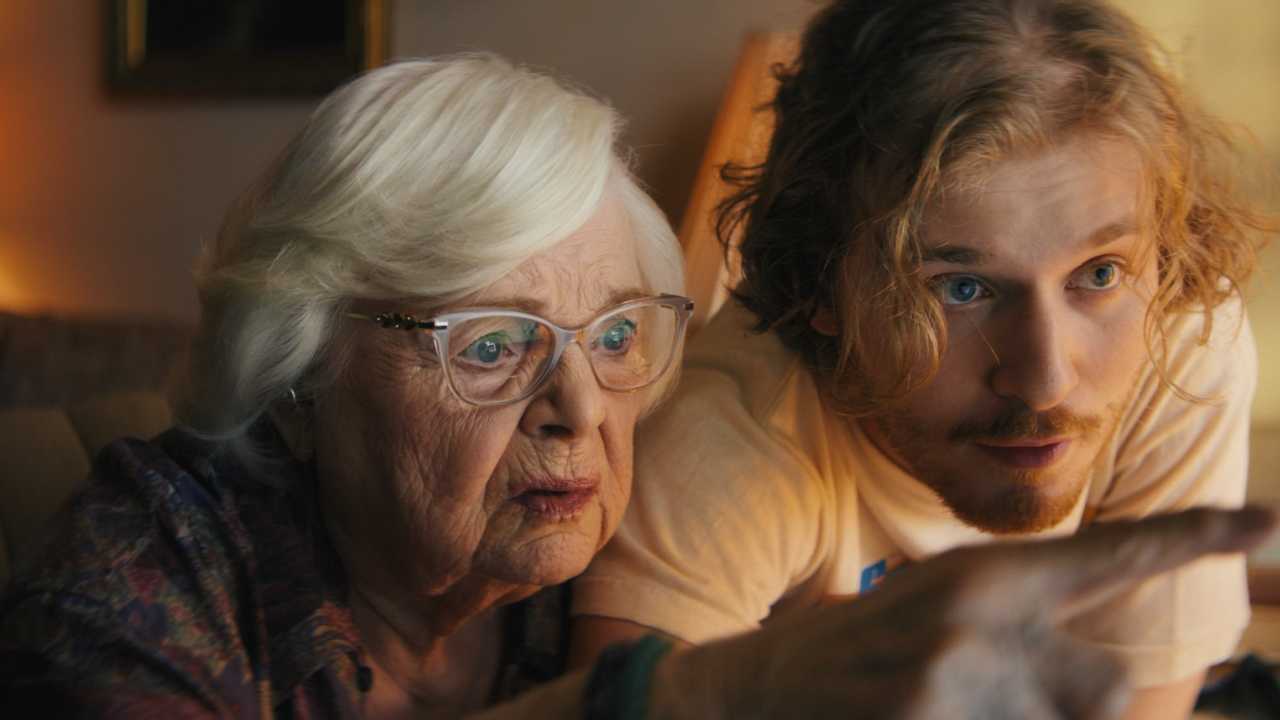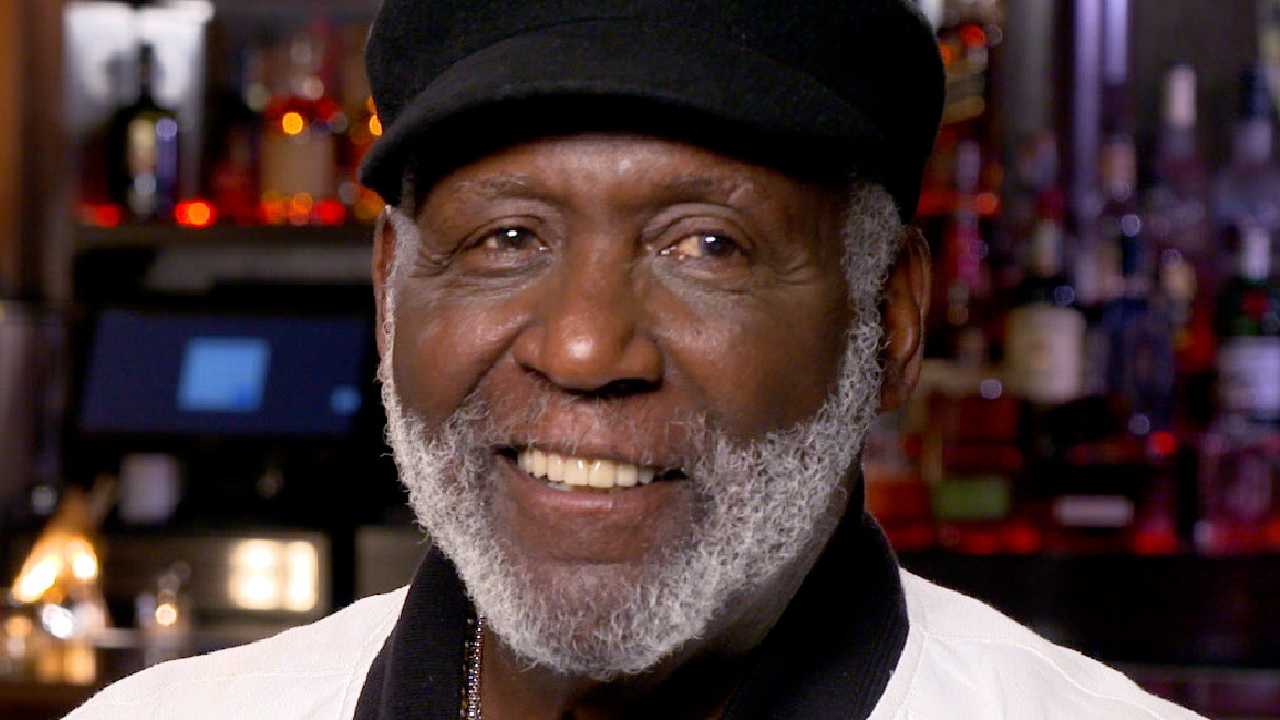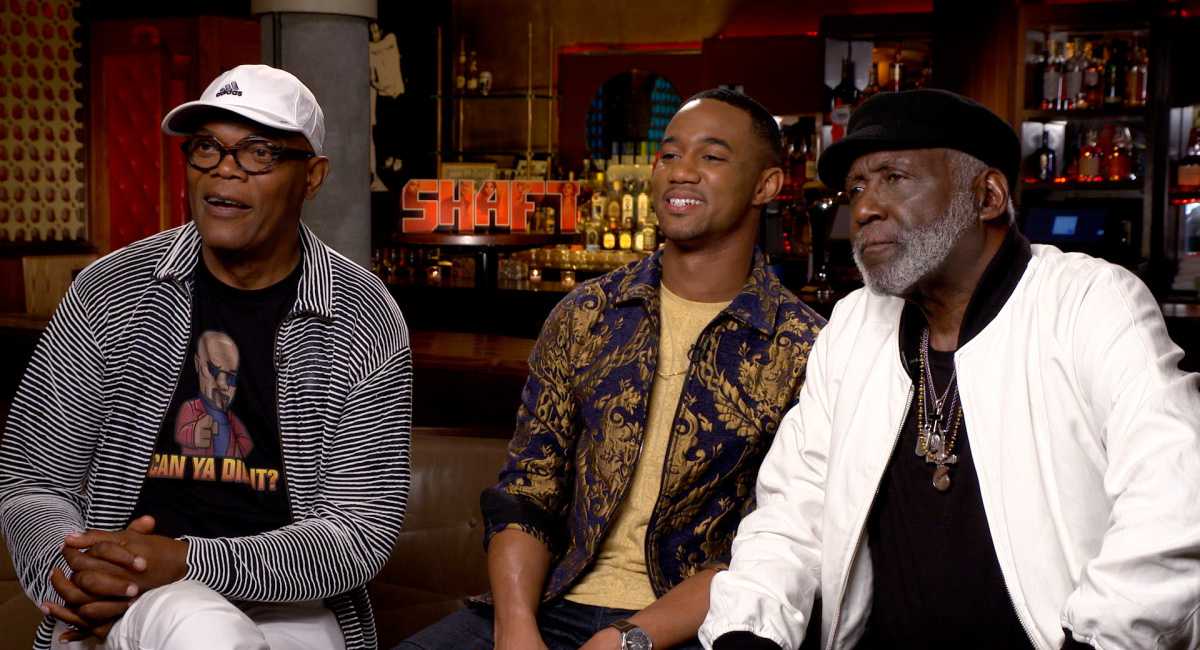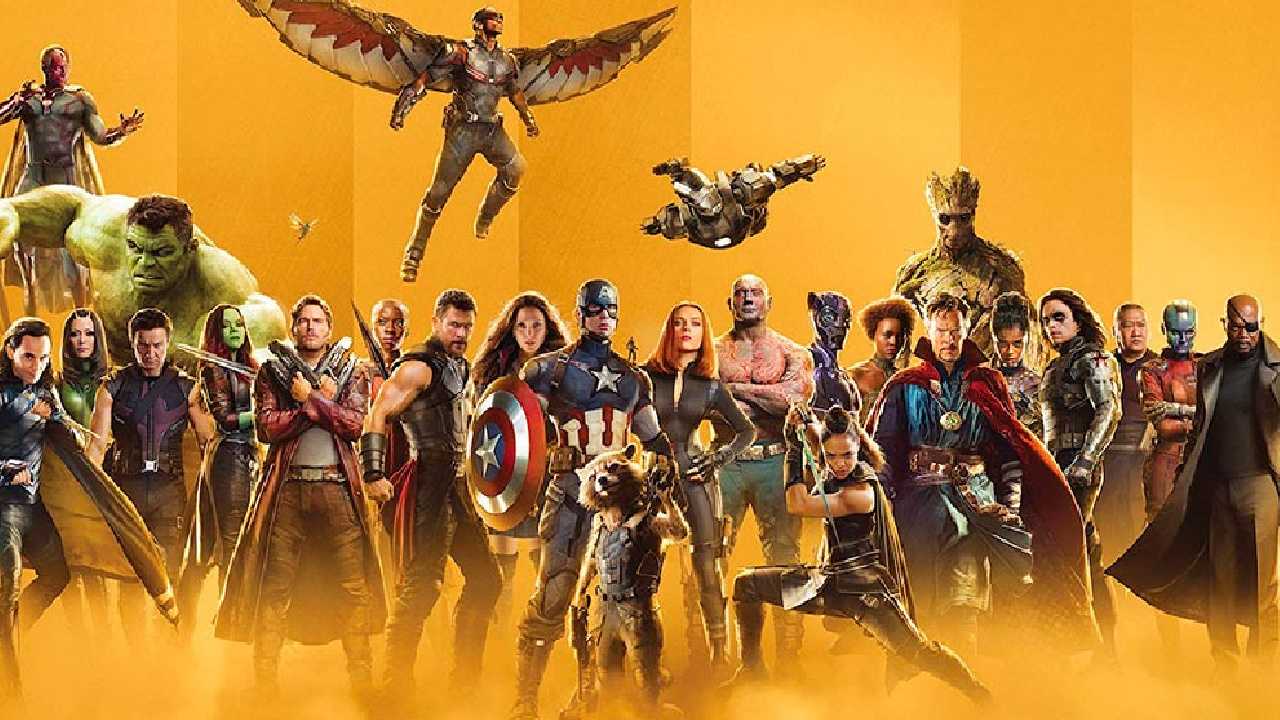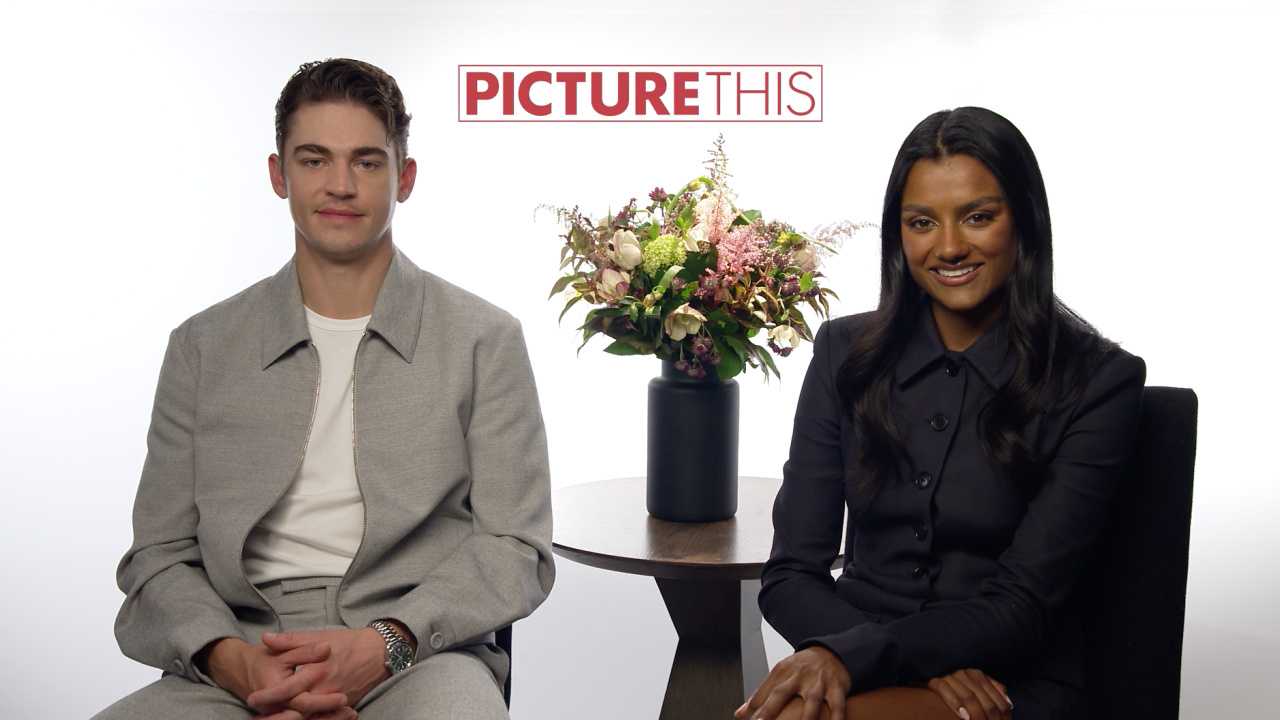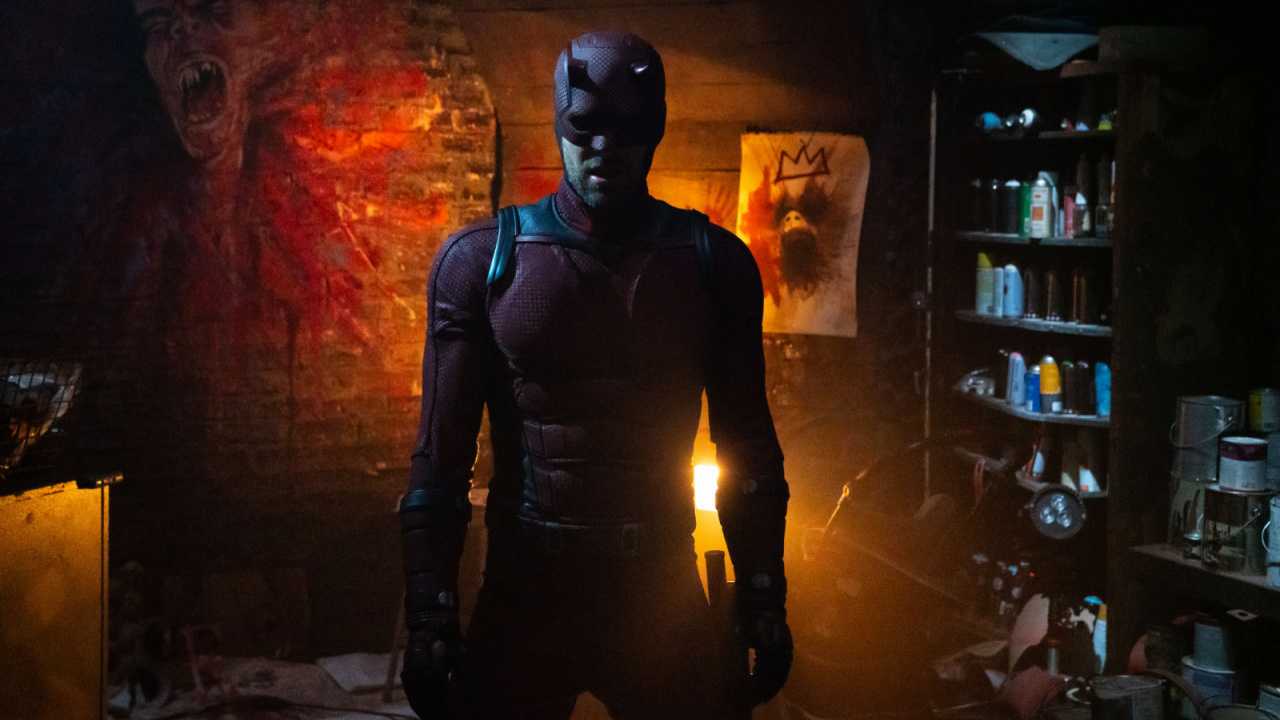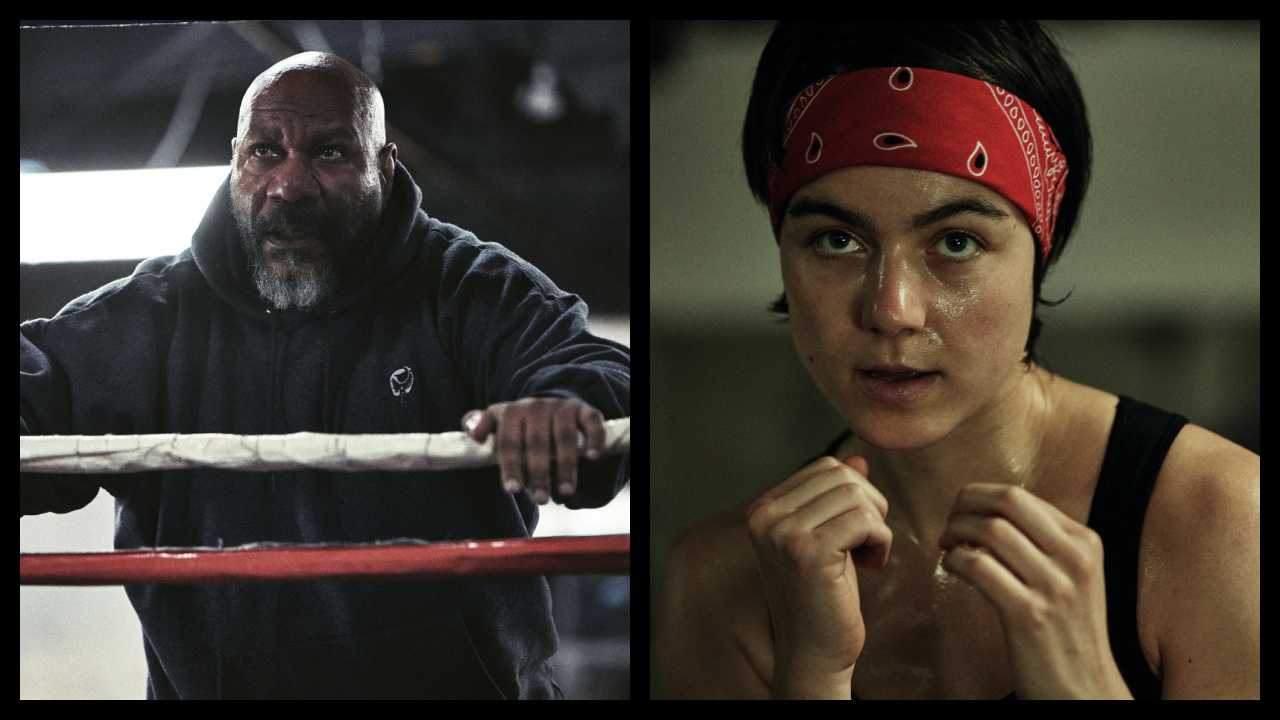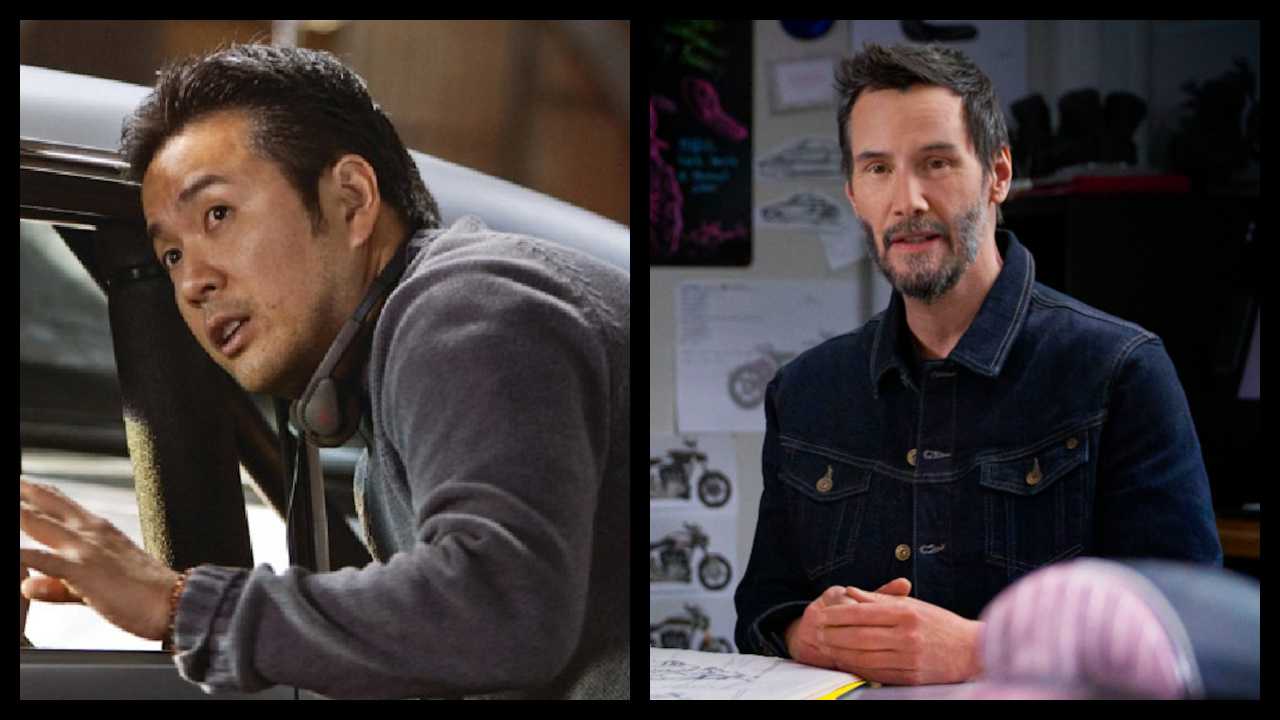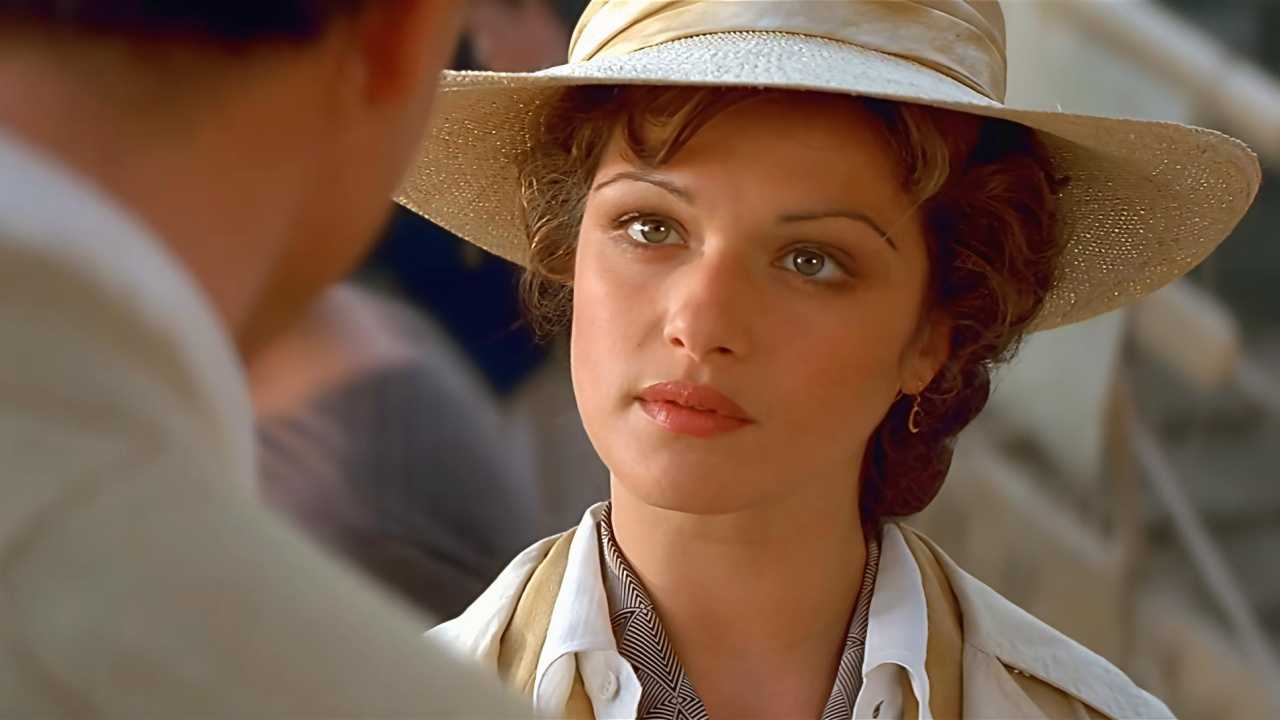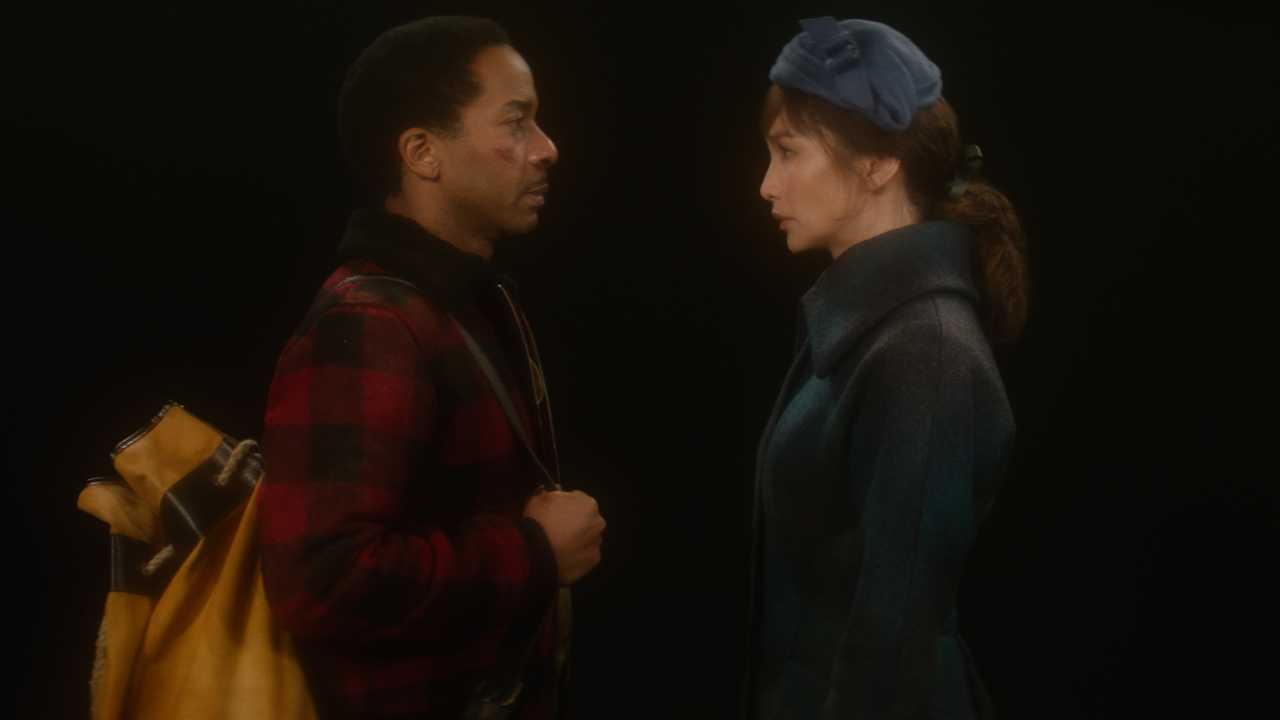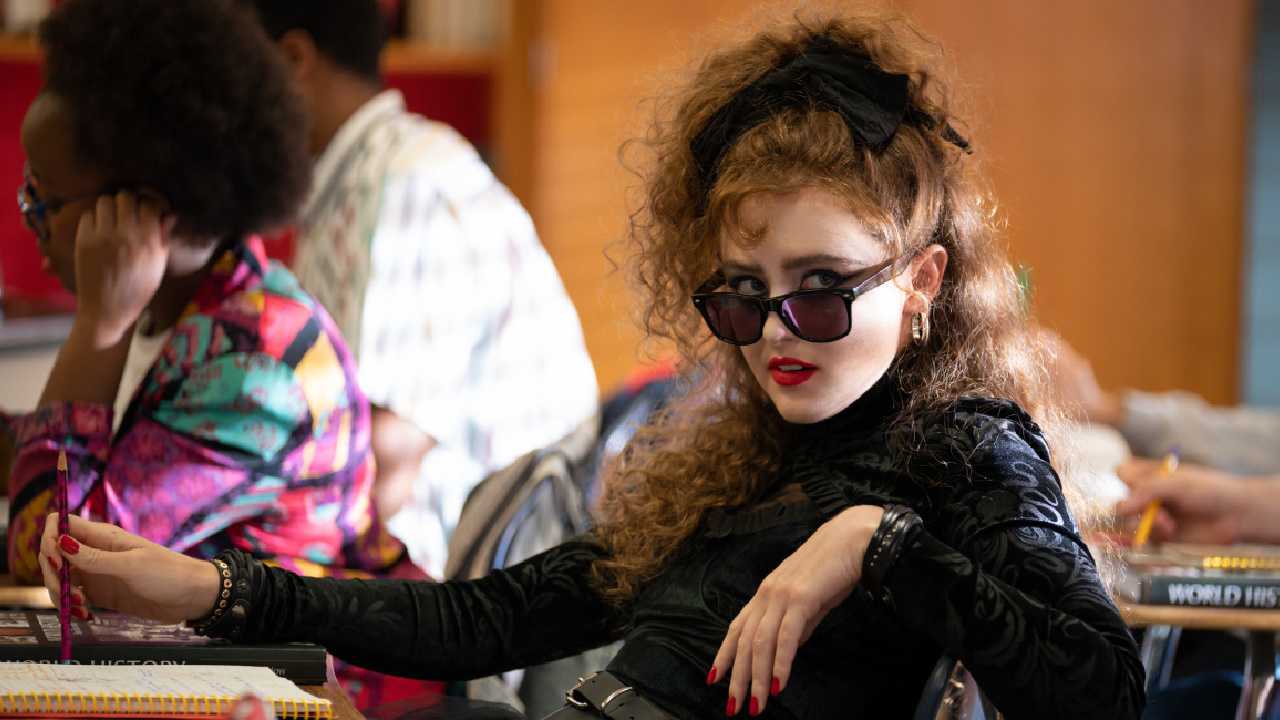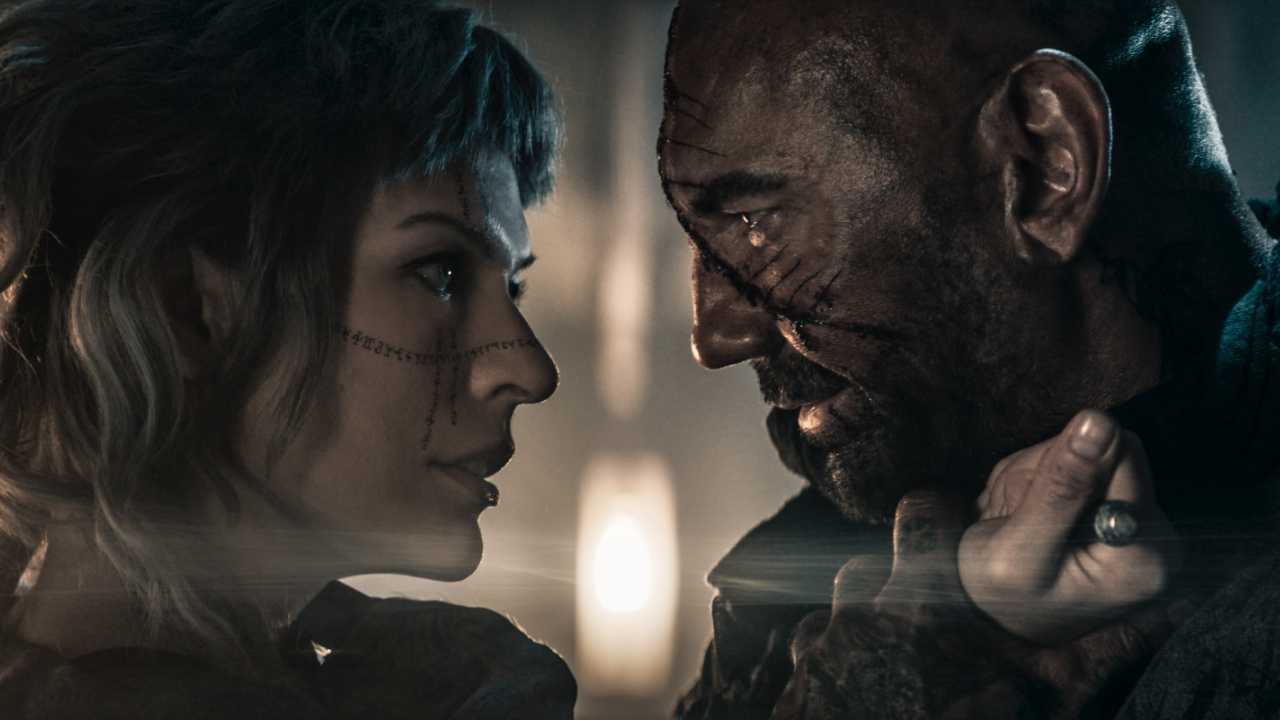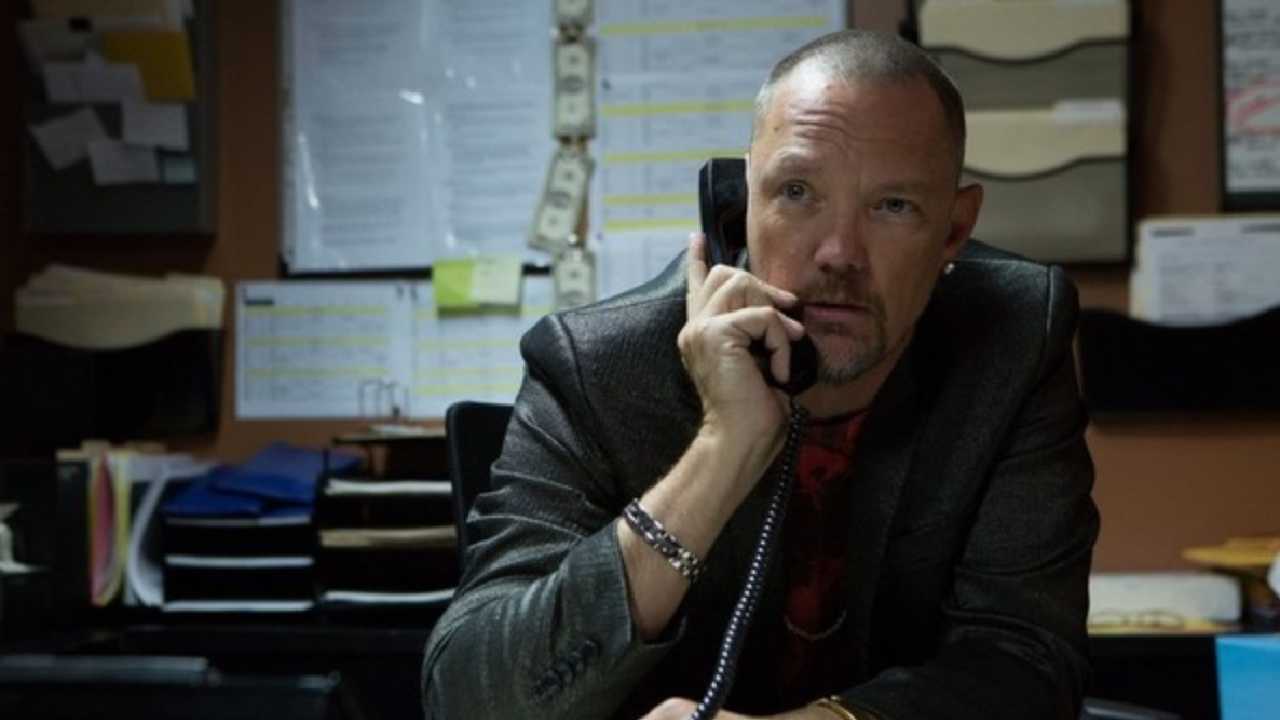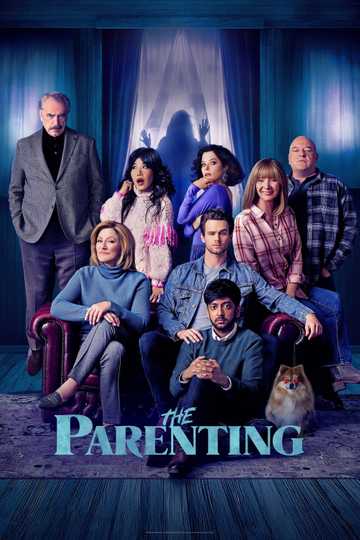'What Men Want' Review: Taraji Deserves Better
In 2000’s “What Women Want” it might have been snarkily revolutionary, if way late even then, to suggest that members of the so-called “fairer sex” are complex, fierce and formidable. But 20 years and a gender-swapped premise later, “What Men Want” advances a depressing argument that guys are with few exceptions as competitive, sexist and simple-minded as they always were -- but now, women are evidently changing to become more like them. Taraji P. Henson’s fearlessly committed performance almost rescues this story of a desperately ambitious woman gifted with the ability to hear men’s innermost impulses, but director Adam Shankman’s predilection for the broadest and dumbest possible execution of any given idea undercuts any comedic bite, genuine insight or emotional resonance the film potentially had.
Henson (“Hidden Figures”) plays Alison “Ali” Davis, an Atlanta sports agent growing increasingly tired of white, male colleagues getting praised and promoted while her own accomplishments are repeatedly undermined and disregarded. But while cutting loose at her friend’s bachelorette party, Ali drinks some funky tea given to her by a fortune teller named Sister (Erykah Badu) and ends up hitting her head, gaining the ability to hear her male colleagues’ thoughts. But after being promised the opportunity to make partner if she signs Jamal Barry (Shane Paul McGhie), the next basketball superstar, Ali discloses these newfound abilities to her long-suffering assistant Brandon (Josh Brener) and hatches a plan to outwit her competitors.
Unfortunately, Jamal’s future is being carefully controlled by his unpredictable father Joe “Dolla” (Tracy Morgan), whose thoughts reveal an unchecked id but little for Ali in the way of insights on how to win his confidence. But when Joe admits that he’s put off by Ali’s workaholic independence, she unwittingly enlists a recent one-night stand, Will (Aldis Hodge), and his six-year-old son Ben (Auston Jon Moore) to pretend to be her family in the hopes of scoring Jamal’s highly-coveted contract.
Even before the first male thought is revealed on screen by writers Tina Gordon (“ATL,” “Drumline”) and Peter Huyck and Alex Gregory (shared alumni of “Veep,” “Frasier” and “The Larry Sanders Show”), the prospect of what little there is to be learned from that inner monologue feels like a joke whose punchline we already know. Consequently, the only revelations that Ali discovers are that (a) her colleagues are keeping her out of the loop, and (b) when she muscles her way back in, they know better how to strategize, coddle and outmaneuver fragile egos, both male and female, than she does. Though the panorama of perspectives that she soon becomes aware of occasionally includes an amusing non sequitur or unexpected earwig, most of those voices are effectively confirming not just what she already knows about her bullying, sexist colleagues, but what we (the audience) do as well.
What eventually becomes more of a priority to those screenwriters and Shankman as director is both empowering Ali and reminding her that in the boy’s club she desperately wants to be a part of, it’s better to be a woman who is not beholden to their expectations. But this unfortunately requires the character to shuffle through some painful rom-com cliches where Henson has to battle her way through some embarrassing, not especially funny scenarios, and eventually Ali learns life lessons at the expense of people she cares about the most. Thankfully, and in spite of the schizophrenic pendulum-swing of the main character’s behavior, the supporting cast strikes a comfortable equilibrium between the story’s sillier and more serious elements: Wendi McLendon-Covey (“The Goldbergs”), Phoebe Robinson (“I Love Dick”) and Tamala Jones (“Castle”) play Ali’s chorus of hilarious, exasperated BFFs, while Max Greenfield (“New Girl”), and Richard Roundtree (“Shaft”), as a work colleague and Ali’s father, respectively, supply some real talk about men (or at least themselves) that doesn’t require mind-reading.
Though Hodge plays a charming, convincingly saintly alternative to most of the rest of the men in Ali’s life, and Brener’s Brandon provides her with a suitably anxious sounding board-slash-Jiminy Cricket to fret over each new morally dubious gambit, the movie’s secret weapon is Badu, who defies its worn-out conventions and embraces the ethereal (and ridiculous) extremes of its premise. But even built on the sad continuing reality of disproportionate opportunities and pay between men and women (much less women of color), Henson’s flailing, frustrated character exposes few new truths about her male counterparts, and the movie as a whole says a lot less about gender disparities or the business world than it thinks. Ultimately, “What Men Want” showcases the kind of mainstream, multiracial comedies that audiences seem to want, but as a vehicle for a talented, hard-working performer like Henson to lead, it’s less than she deserves.
What Men Want

